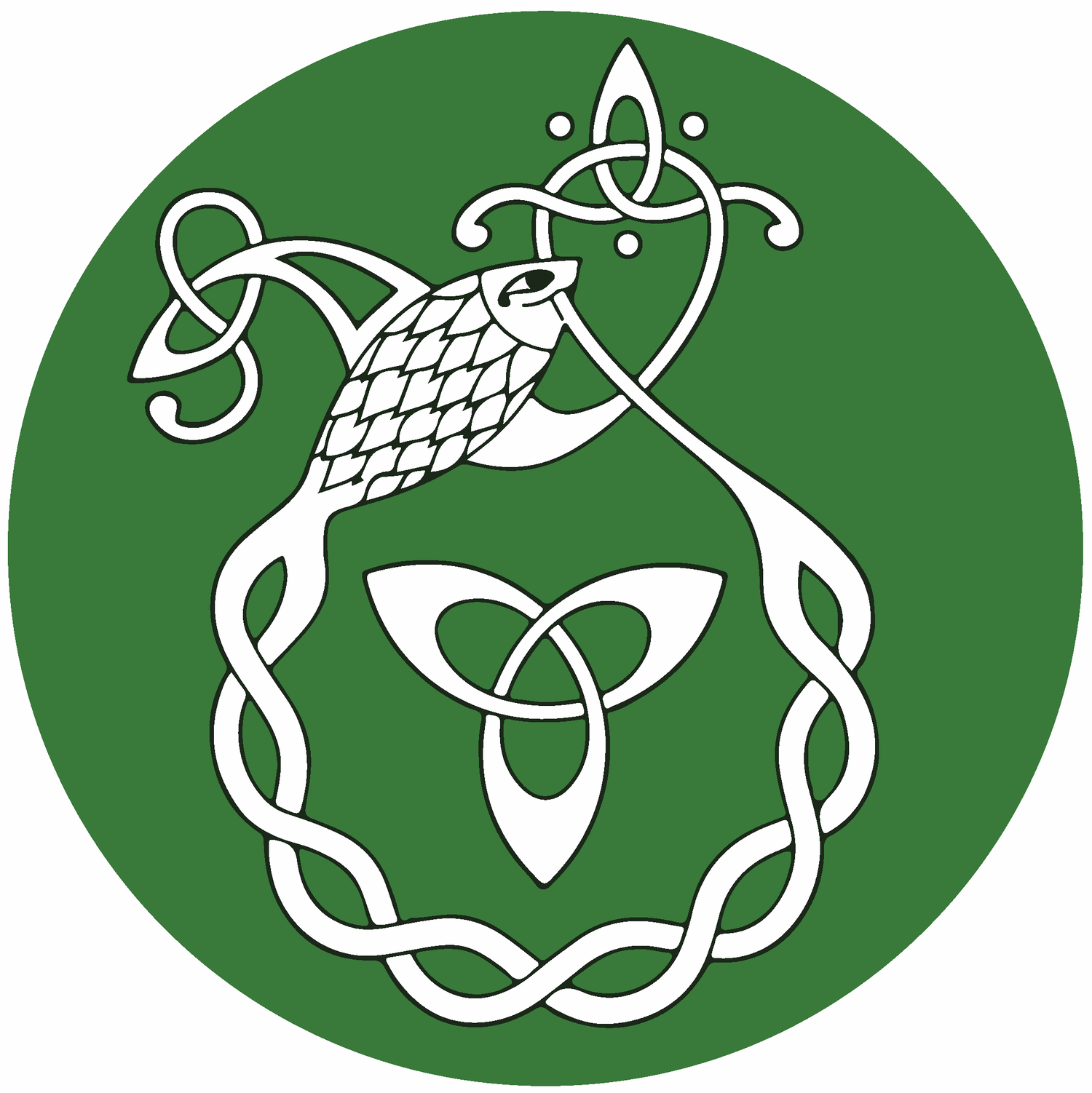Speed Curriculum 5: How Many?
How it Works
Gather Objects: Collect objects (e.g., ball, rock, book) as prompts.
Ask and Answer: Take turns asking and answering questions, using the shared vocabulary.
Keep It Quick: Maintain a fast pace for energy and focus.
Rotate Roles: Switch objects and roles and start another round.
Below are some recognized strategies for maximizing the speed, ease, and efficiency of language transfer. Techniques address a range of problems: they can help control the flow of information; modify the learning environment; decrease risk, anxiety, and distraction; increase comfort, speed, and enjoyment; and, perhaps most importantly, train learners to be teachers.
-
You actively look for chances to practice the language. You have conversations and play games to use the language in real-life situations.
-
A main part is asking questions like "Where is the X?" over and over. It helps you learn new words and how to make sentences. The questions get faster, so you have to answer quickly.
-
Language mentors are people who know the language well and help you learn. They give you feedback and support as you practice talking and using the language.
-
Circling means repeating a statement with some changes to help you understand the language better. It helps you see patterns and learn how sentences are put together.
-
Rather than revert to your native language, you can physically signal if you need help or don't understand something. The goal is to keep the immersion going as long as possible.
You also switch roles with others, taking turns as the speaker and the learner, so everyone gets a chance to practice.
How Many – Cé Mhéad?
“How many [quality][size][colour][objects] are there?”
What you need
a rock or stone
a book
a pen
a penny
a stick
a shoe
Stór Focal - Vocabulary
Many – mórán / iomaí
All – gach / an t-uile
Any - aon (lenites)
1 (single) – amháin (eg. cloch amháin)
2 – dhá (singular or dual, lenites) (eg. dhá chloch)
[Traditionally, numbers 3-6 lenite]
3 – trí (lenites) (eg. trí chlocha)
4 – ceithre (lenites) (eg. ceithre chlocha)
5 – cúig (lenites) (eg. cúig chlocha)
6 – sé (lenites) (eg. sé chlocha)
[Traditionally, numbers 7-10 eclipse]
7 – seacht (eclipses) (eg. seacht gclocha)
8 – ocht (eclipses) (eg. ocht gclocha)
9 – naoi (eclipses) (eg. naoi gclocha)
10 – deich (eclipses) (eg. deich gclocha)
[Whether nubers over 10 lenite or eclipse depends on the first element, déag equivalent to ‘teen’]
11 – aon ___ déag (eg. aon bhróg déag)
Big – mór
Small – beag
Tiny – mion- (lenites)
Good – maith
Bad – droch- (lenites)
Beautiful – álainn
White – bán
Red – dearg
Yellow - buí
Green – glas
Blue – gorm
Purple – corcra
Brown – donn
Grey – liath
Black – dubh
None – ceann ar bith
A few - beagán
Several – cúpla
Phrases to Use
Cé mhéad leabhar atá ann? How many books are there?
Dhá leabhair atá ann. There are two books.
Cé mhéad cloch atá ann? How many stones are there?
Tá cloch amháin ann. There is one stone.
An bhfuil trí chlocha ann? Are there three stones?
Níl, tá cloch amháin ann. No, there is one stone.
Tabhair dom an leabhar glas. Give me the green book.
Tóg an chloch dhubh. Take the black stone.
Cé mhéad peann mór dearg atá agat? How many large red pens do you have?
Tá trí phinn mhóra dhearga agam. I have three large red pens.
Tá do trí phinn mhóra dhearga uaim. I want your three large red pens.
Tabharfaidh mé dhá chinn dem phinn mhóra dhearga dhuitse má thabharfaidh tú do pheann beag dubh dom. I will give you two of my red pens if you will give me your small black pen.
